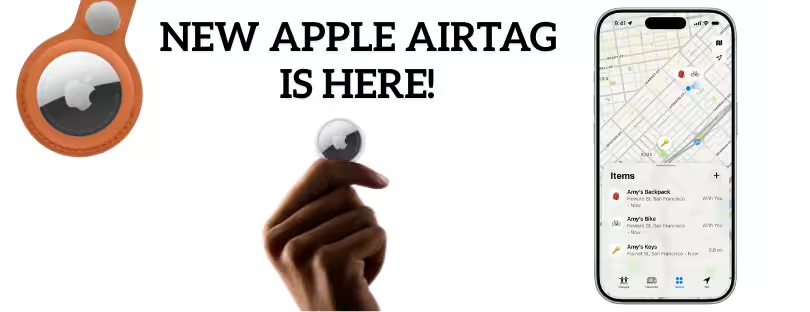
Ericsson and Huawei renew global patent license agreement
Ericsson and Huawei have renewed their patent license agreement, which covers the use of each company’s patents in the other company’s products. The agreement is for a period of five years, with an option to renew for an additional five years. huawei and ericsson agreement
The agreement is a positive development for both companies, as it will allow them to continue to compete in the global telecommunications market. It is also a sign that the two companies are committed to working together to resolve their patent disputes.
The agreement is also a positive development for consumers, as it will help to ensure that they have access to a wide range of telecommunications products and services.
Ericsson: A Leader in Innovation huawei and Ericsson agreement
Over several decades, Ericsson has been a leading contributor to 3GPP and to the development of global mobile standards. The value of Ericsson’s patent portfolio of more than 60,000 granted patents is strengthened by our leading position as 5G vendor, and annual investments of more than USD 4 billion in R&D. The company is confident of growing its IPR revenues with further agreements and by expanding into additional licensing areas long term.
The two companies have been involved in a number of patent disputes in recent years. In 2015, Ericsson filed a lawsuit against Huawei in the United States, alleging that Huawei had infringed on its patents. Huawei denied the allegations and countersued Ericsson. The two companies eventually reached a settlement in 2016.
In 2018, Ericsson filed another lawsuit against Huawei in the United States, alleging that Huawei had infringed on its patents. Huawei denied the allegations and countersued Ericsson. The two companies are still in the process of litigating the case.
The Huawei Boycott: A Complex Issue with Far-Reaching Implications
The US government has been trying to block Huawei from the US market for years, citing national security concerns. In 2019, the US government placed Huawei on the Entity List, which restricts the company’s ability to do business with US companies. The US government has also been pressuring other countries to ban Huawei from their markets.
The Huawei boycott is part of a larger effort by the US government to contain China’s rise. The US government sees Huawei as a threat to its national security because the company is a major player in the telecommunications industry. The US government is concerned that Huawei could use its technology to spy on US citizens.
The Huawei boycott has had a significant impact on the company’s business. Huawei has been forced to lay off employees and scale back its operations. The company has also been unable to release new products in the US market.
The Huawei boycott has also strained relations between the US and China. The Chinese government has accused the US of using national security concerns as an excuse to block Huawei from the US market. The Chinese government has also warned that the Huawei boycott could damage the global economy.
The Huawei boycott is a complex issue with far-reaching implications. The US government’s efforts to block Huawei from the US market are part of a larger effort to contain China’s rise. The Huawei boycott has had a significant impact on Huawei’s business and has strained relations between the US and China.









